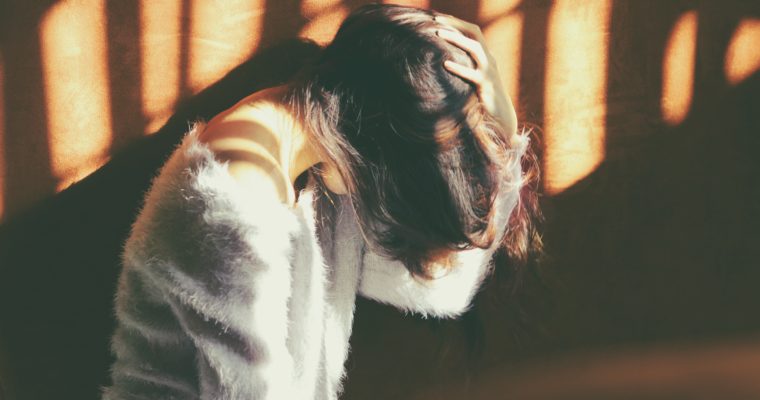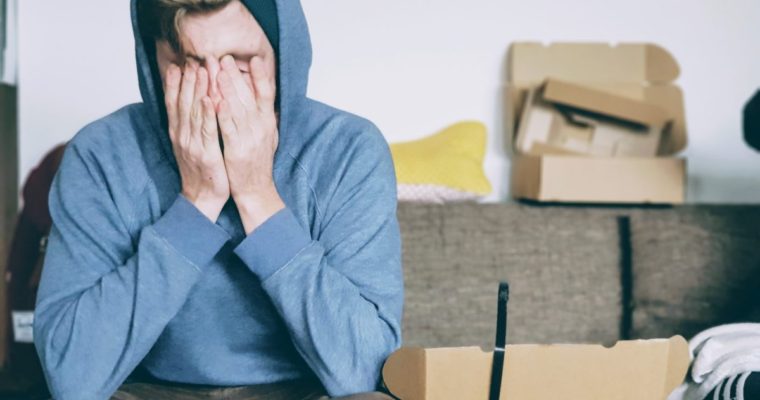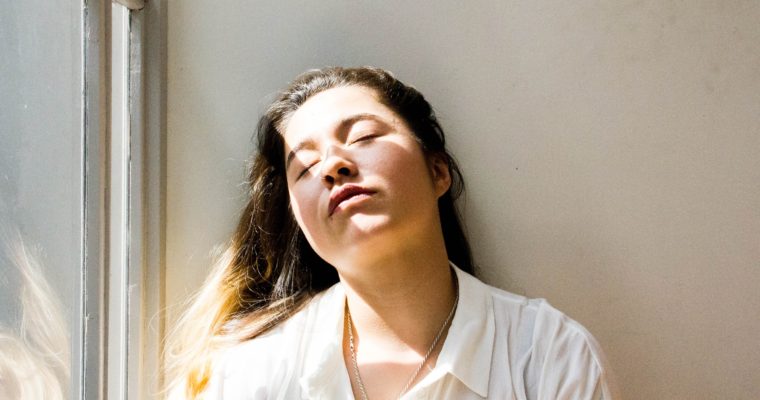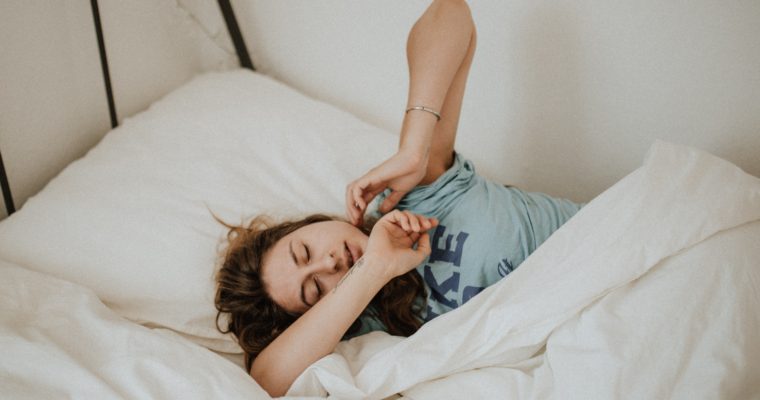If your kids seem to have a hard time getting to bed at night, it may be a good time to explore their daily routine and find a possible cause. It could be a variety of issues, from not getting enough sleep during the night to their bed being uncomfortable for them to their sleep routine. Studies have shown that technology is limiting children’s sleep and perhaps before bed its time to turn off the screens.
A recent study showed that there’s a direct link between the amount of time kids watch TV and how much sleep they get, particularly if there is a TV in the child’s room. Mass General Hospital for Children at the Harvard School of Public Health looked at 1,800 children aged 6 months to 8 years. The results were interesting and precise – each extra hour of TV per day corresponded with seven minutes less sleep per night. Also, the effect of TV on good sleep seemed to be stronger in boys than in girls.
Nowadays with tablets, television and cell phones all readily available at younger and younger ages, children are more susceptible to distractions that keep them up at night. It’s clear that even a slight lack can have a serious impact on behavior, learning abilities, and memory.
Natural Sleep Remedies, according to Dr. Millie Lytle, ND, CNS
If this is you dilemma – you are exhausted but when you finally get to bed, you are no longer tired – there are natural insomnia remedies that may be just what you need to begin getting the sleep you deserve.
- Supplementation of magnesium improved subjective measures of insomnia such sleep efficiency, sleep time, early morning awakening in one study on elderly people. It also reduced stress signaling, such as lowering cortisol and increased melatonin levels in the same population2. If L-Theanine relaxes the mind, Magnesium relaxes the body.
- Melatonin regulates the body’s circadian rhythms, your body’s 24-hour clock that regulate your sleep-wake cycle. As a supplement, it re-calibrates your 24-hour body clock for shift workers or those who work nights. In a systematic review of sleep aids used for children and adolescents with ADHD, melatonin showed a positive response, higher total sleep time, and easier time falling asleep at bedtime as well as after waking in the middle of the night.
- Valerian root has been used as a sedative and anti- anxiety treatment for more than 2,000 years. Extracts of the roots of valerian (Valeriana officinalis) are widely used for inducing sleep and improving sleep quality. A review of 16 small studies suggests that valerian may help people fall to sleep faster with only minor side effects and no hangover.
- California poppy (Eschscholzia californica) is one of the only safe and available sources of opiates. This herb works as a painkiller and helps to induce sleep. Unlike its drug-based opioid cousins, California poppy is not habit forming and easy on the liver.
- L-Theanine, an extract from green tea, is excellent for persistent thoughts. Day or night, take for anxiety, panic and to calm down worrisome thoughts by increasing blissful alpha-waves in the brain, before bed or in the middle of the night.
- Chamomile can be taken as tea, in an herbal tincture or a sleep formula. One Japanese study on rats found that chamomile extract helped the rats fall asleep just as quickly as rats that got a dose of benzodiazepine (a tranquilizing medication), though experts do agree that better research of chamomile is needed.
One of the best practices that help to fall asleep is exercising. Another good tip is to finish dinner at least 2 hours prior to “hitting the hay” and develop a sleep routine. Follow this checklist to help turn your nights into dreams:
- Turn off cell phones, computers and the television at least an hour before bed
- Go to bed at a regular time each night. The best time is at least 1-2 hours prior to midnight.
- Engage in gentle activities such as: calm conversation, listening to soothing music or meditation tracks, light stretching, having a bath, drinking herbal teas, reading a novel, cuddling or other intimate contact, or petting an animal.
Once into bed, only do sleep-time activities. At this time, using essential oils such as lavender applied to the bottoms of feet and dropping on pillow is enjoyable and soothing. If counting sheep are not enough to blank your mind, then try an exercise-based relaxation technique called progressive-relaxation, which involves clenching each muscle group of the body as hard as possible, then enjoy the relaxation. Progressive relaxation clears the mind and relaxes the body.
Do you have a hard time getting your kids to go to bed? What finally gets them to sleep at night? Let us know!
Read more: NY Daily News





